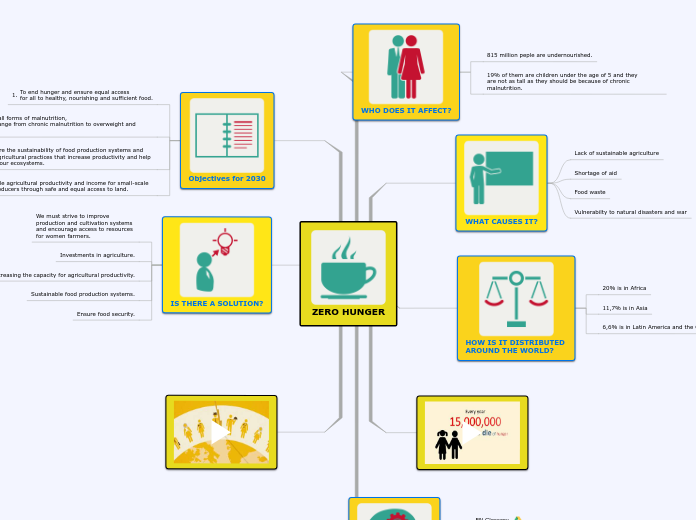av Namgyel Ohm för 1 år sedan
157
Case Study:Thesustainable solid wastemanagement forThimphu City, Bhutan
Efforts to manage solid waste sustainably in Thimphu City, Bhutan, revolve around a comprehensive approach integrating multiple facets such as economic, environmental, and sociocultural factors.









